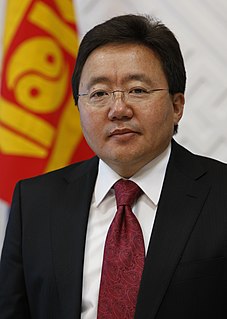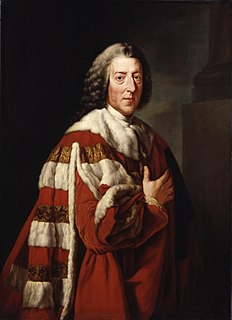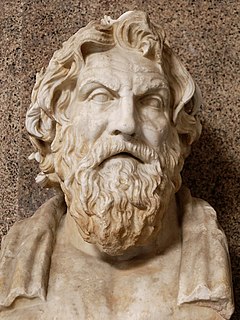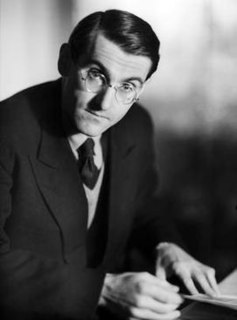A Quote by Malik ibn Anas
He who practices Tasawwuf without learning Sacred Law corrupts his faith, while he who learns Sacred Law without practicing Tasawwuf corrupts himself.
Only he who combines the two proves true.
Related Quotes
It has often been said that power corrupts. But it is perhaps equally important to realize that weakness, too, corrupts. Power corrupts the few, while weakness corrupts the many. Hatred, malice, rudeness, intolerance, and suspicion are the faults of weakness. The resentment of the weak does not spring from any injustice done to them but from their sense of inadequacy and impotence. We cannot win the weak by sharing our wealth with them. They feel our generosity as oppression.
Conscience is the most sacred of all property; other property depending in part on positive law, the exercise of that being a natural and unalienable right. To guard a man's house as his castle, to pay public and enforce private debts with the most exact faith, can give no title to invade a man's conscience, which is more sacred than his castle, or to withhold from it that debt of protection for which the public faith is pledged by the very nature and original conditions of the social pact.
As I see it, only God can be all-powerful without danger, because his wisdom and justice are always equal to his power. Thus there is no authority on earth so inherently worthy of respect, or invested with a right so sacred, that I would want to let it act without oversight or rule without impediment (p. 290).
What is true is that the idea of power corrupts. Power corrupts most rapidly those who believe in it, and it is they who will want it most. Obviously, our democratic system tends to give power to those who hunger for it and gives every opportunity to those who don't want power to avoid getting it. Not a very satisfactory arrangement if power corrupts those who believe in it and want it.
But times and tempers are changed. Rebels are everywhere to be found who no longer wish to obey the law without knowing whence it comes, what are its uses, and whither arises the obligation to submit to it, and the reverence with which it is encompassed. The rebels of our day are criticizing the very foundations of society which have hitherto been held sacred, and first and foremost amongst them that fetish, law.






























